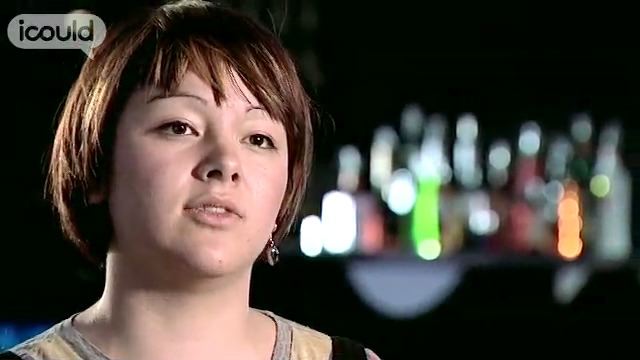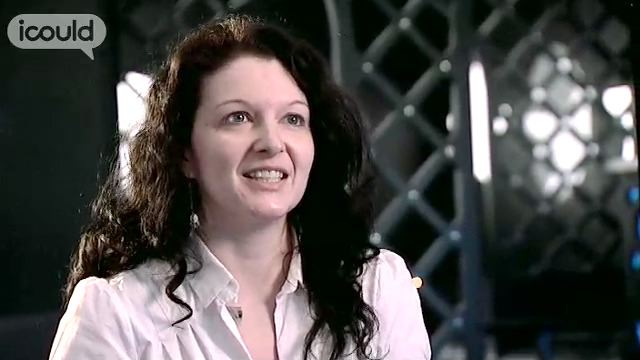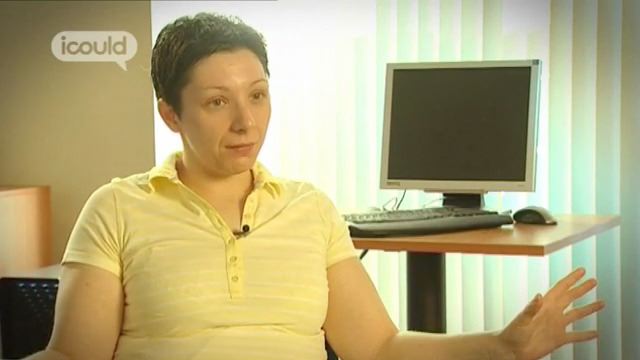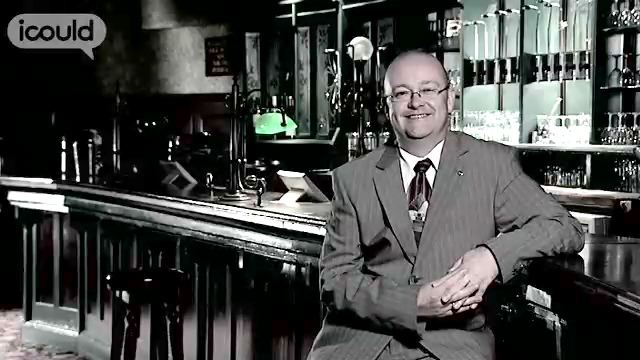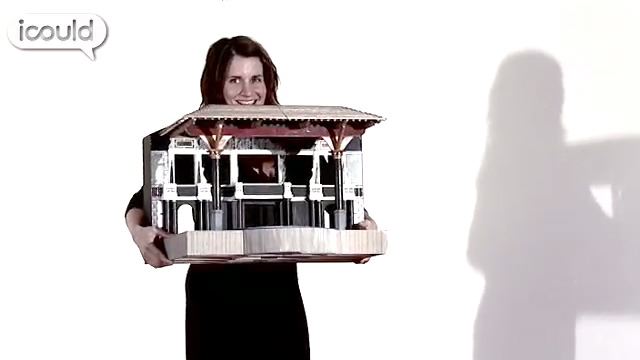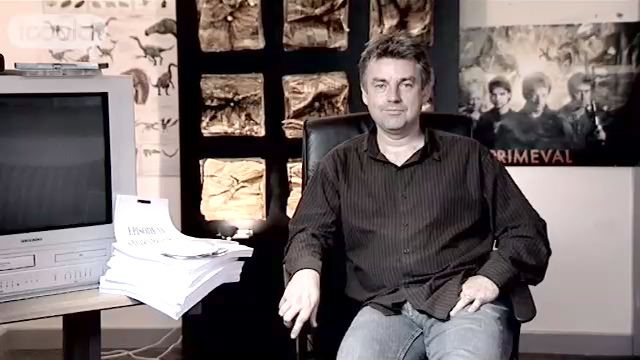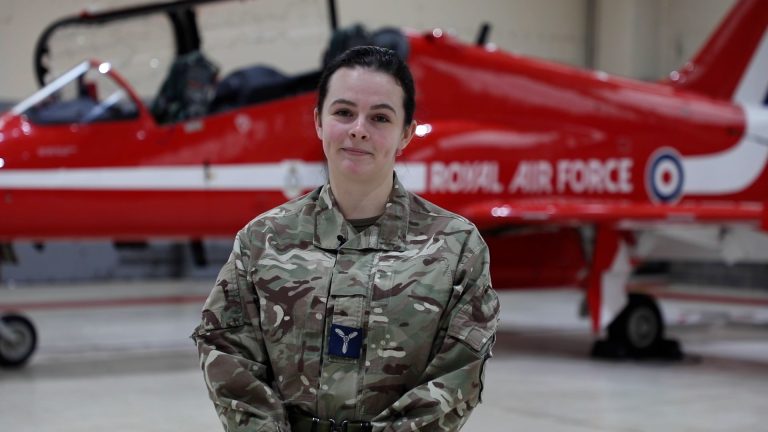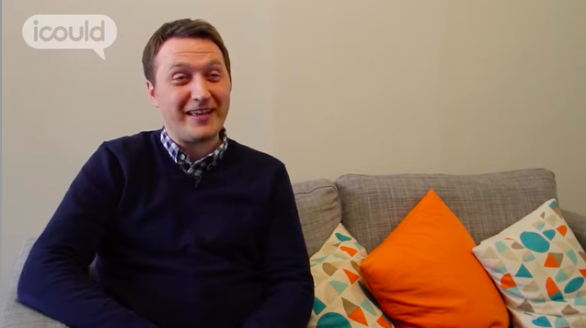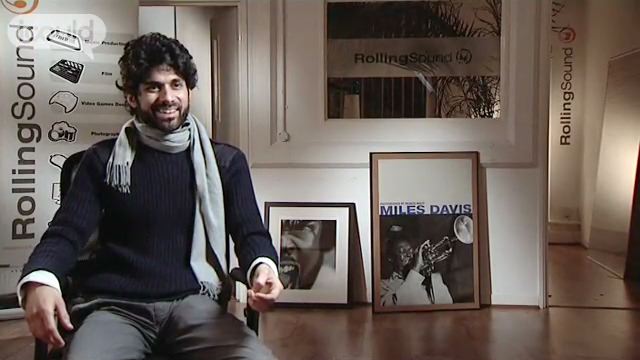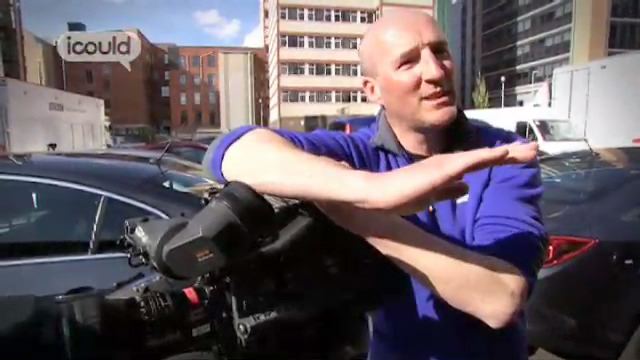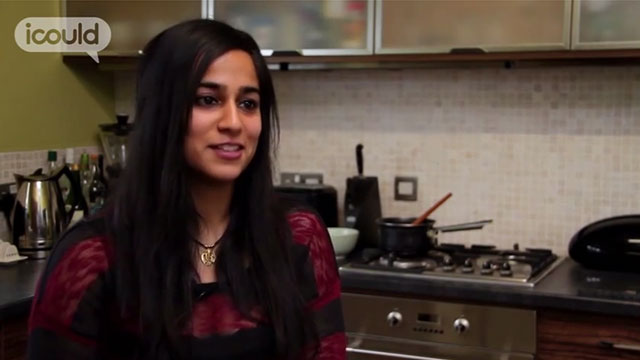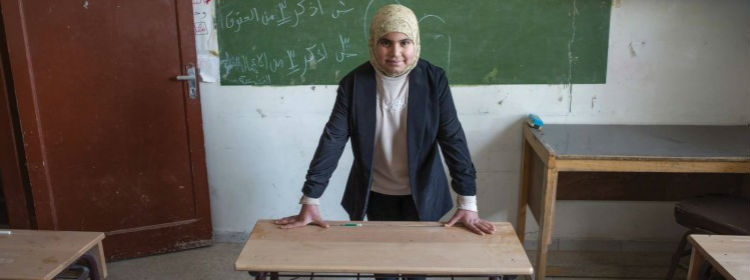Explore: Media
Television Production Operative (Props)
ITV
info Issues viewing the video?
|
|
DARREN M |
|
00:02 |
My name is Darren M and I’m a production operative or basically I work in props. |
|
00:08 |
Basically we get in nice and early, about 7 o’clock and we’re in charge of looking after the sets and I’m in charge of anything you see on screen. So anything you can pick up, anything you can move, any bits of scenery, like sofas, chairs, we’re in charge of moving them around, putting them to camera for the actors to sit on. Any props, hand props, which the actors will use throughout the day, it could be mobile phones, laptops, it could be a pint of beer in a pub, we’re in charge of making sure they’re ready for the action and we hand them to the actors and then at the end, on the last scene, we make sure the sets are clear, we take all the props off again. We put the faux floors back on and yeah, that’s basically it. |
|
00:50 |
The extras love the filming in the Bull part, yeah, cos basically they’re getting paid to drink beer all day. We have two kinds, I think it’s Carling now from the pumps and we also have the real ales. Anything spirit-wise, that’s all fake, so the vodka’s water, the whisky is a mixture of something we call burnt sugar, which is a very thick brown syrup and that you mix with water. So that’ll be used for anything from whisky to brandies, things like that. |
|
01:20 |
I left university in 2000, where I did a degree in performing and media arts. When that finished, I luckily got a place at the BBC, on a training scheme, which was basically a four week stint working in entertainment and development. From there I got offered a job as a runner for 12 months, working in the edit departments, in post-production. So I worked there for a year, then I left, I went into theatre for about five or six years, as an assistant stage manager and a technical ASM. So basically, again it was relating to props and the scenery. |
|
01:58 |
Then after leaving there, I decided I wanted to get back into TV cos it was more of a permanent-based job rather than travelling out of a suitcase around the country, so I worked for a programme called Most Haunted in Manchester, for about two years. Just working for Most Haunted originally was quite a high because I was working on a show which a few weeks previously I’d been watching on the TV. |
|
02:21 |
I just sent a letter to their production office, found the address on the internet and just said, you know, I’m a big fan of the show, I’ve got a bit of TV experience as a runner for the BBC, would you be interested in taking me on, I’ll work for free, which I did for a little while, if any jobs come up and then literally a week later, I got a phone call from the production office, Antix Productions, and they said, do you want to come to Wales for a week as a runner on Most Haunted. So I was like, yeah, great. |
|
02:49 |
You look around on an average day and there’s so many different people. There’s one guy doing the camera, there’s someone doing the sound, you’ve got your make-up, your costume, there’s so many different areas you can go into and there’s no reason why, just cos you’re doing one particular job, doesn’t mean you can’t get a skillset in another and, given the opportunities, which at ITV are really good, you can move around and basically expand your skills and experience. |
|
03:13 |
My dad’s a builder and now he owns a building company that he set up the year I was born and whilst I was younger, I think the idea was I’d go and work for my dad because I used to spend a lot of time in the summer holidays working for him, to get extra cash. So me and my brother at the same time we worked for my father, as a labourer basically. No particular skills, just humping and shifting stuff around building sites. So when I left school, I think my dad was hoping that I would take over the family business eventually. |
|
03:45 |
But he understood that I was more interested in working in TV than I was in the building trade, so I’ve gone on to work in TV whereas my brother still works fro my dad and he has now been there about 10 years, so I think my dad’s going to get his wish and have one of his sons take over the business. |
|
04:04 |
When I was younger, I think the original inspiration probably came from my drama teacher at school because if it wasn’t for Mrs Basterfield, yeah if it wasn’t for Mrs Basterfield, I probably wouldn’t be doing this job now because she was a person which made me do a certain play which led me to my interest in the media and film, so I suppose she’s my main inspiration why I’m actually doing the job I’m doing now and why I’m working for ITV. |
|
04:30 |
End of Darren M |
Darren studied performing arts and media at university. From there he worked as a runner in television before a stint working in the theatre. One of his career highlights has been to work on Most Haunted, which was at the time one his favourite programmes. He has had the opportunity to try different roles since joining the ITV team and loves the variety or opportunities in television production.
More information about Arts officers, producers and directors
Data powered by LMI For All
£50,440
average salary
The UK average salary is £29,813
38
average weekly hoursThere are 37.5 hours in the average working week
42%
male
58%
female
The UK workforce is 47% female and 53% male
Future employment
Future employment
Description
Arts officers, producers and directors assume creative, financial and organisational responsibilities in the production and direction of television and radio programmes, films, stage presentations, content for other media, and the promotion and exhibition of other creative activities.
Qualifications
Entry can be via academic qualifications, BTEC/SQA awards, diplomas or degrees in sector-relevant subjects. Apprenticeships are available at NVQ Levels 2 and 3 in some areas.
Tasks
- Chooses writers, scripts, technical staff and performers, and assumes overall responsibility for completion of project on time and within budget;
- Directs actors, designers, camera team, sound crew and other production and technical staff to achieve desired effects;
- Breaks script into scenes and formulates a shooting schedule that will be most economical in terms of time, location and sets;
- Prepares rehearsal and production schedule for main events, design of sets and costumes, technical rehearsals and dress rehearsals;
- Ensures necessary equipment, props, performers and technical staff are on set when required;
- Manages health and safety issues;
- Selects, contracts, markets and arranges for the presentation and/or distribution of performance, visual and heritage arts.
Employment by region
Top 10 industries for this job
Libraries, etc
22670
Film & music
18910
Office admin.
5121
Arts & entertainment
4947
Head offices, etc
4877
Broadcasting
4687
Computer programming, etc
3162
Advertising, etc
3016
Employment activities
2643
Sport & recreation
2619
Employment status
Related career stories
⇦
⇨
